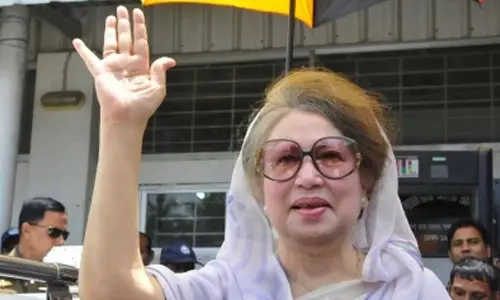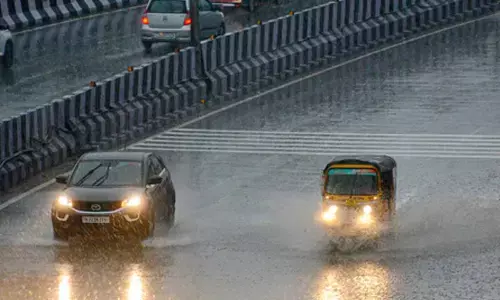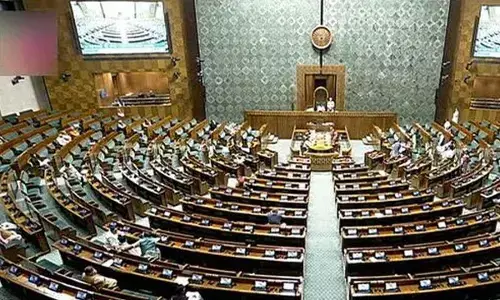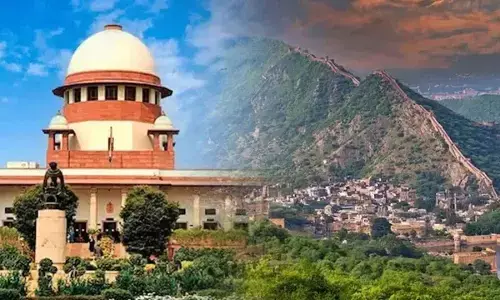Saudi’s shame
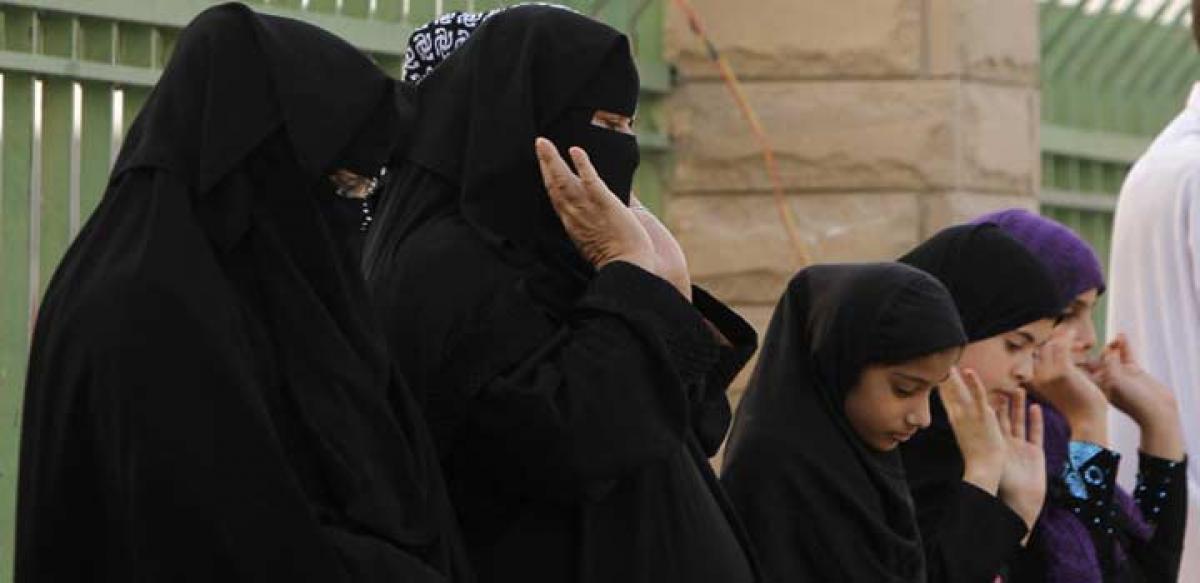
Saudi’s shame. For the uninitiated, one of the apparent perks of being a diplomat is diplomatic immunity. Reasonable and responsible heads in such positions do not misuse the same to get out of hairy situations.
For the uninitiated, one of the apparent perks of being a diplomat is diplomatic immunity. Reasonable and responsible heads in such positions do not misuse the same to get out of hairy situations.

However, the world has seen that often, diplomats misbehaviour or crimes, contribute a strong negative feeling towards the very concept of diplomatic immunity with the general public.
The Saudi Arabian diplomat's obnoxious and criminal behaviour in not only taking two Nepalese women as sex slaves but also parading them as pleasure dolls in front of his guests throws several questions on the very concept of diplomatic immunity.
After all, when a diplomat presents his credentials to the head of any Nation before assuming charge in any country, the underlying commitment given to that country is that they would use the opportunity to act as bridges of the cultures and civilizations while residing in the country as honoured guests.
So what should an independent and sovereign democratic nation like India do with such a dastardly criminal? His very act and the subsequent refusal of the Saudi government raises serious questions on the right and wrong of such diplomatic immunity accorded by the Vienna Convention.
Under Article 29 of the Convention diplomats must not be liable to any form of arrest or detention. They are immune from civil or criminal prosecution. But there are provisions in the same act which say the country deputing them may waive the right under Article 32.
There need be no further debate in this particular case as diplomatic immunity does not give him any protection from the laws of the land even under Article 31(1c) of the same convention which specifies that professional activity outside diplomat's official functions will not be covered under diplomatic immunity. Period.
There are two issues involved here. One is the attitude of the Saudi Government itself and the other is that of the asymmetry in relation to the position of the diplomat and that of the victims. This absolute monarchy of Saudi Arabia does not even have a legally binding written Constitution of its own.
The Royal family dominates the political sphere with powers to overrule its High Court verdicts. The decisions of its Council of Ministers are subject to the King's ratification. Whereas, India has a fairly accountable system of judiciary and no one is above law in this land.
A country whose law is subject to its King's fancies and which has dastardly laws drawn from some medieval practices and a country which belligerently promoted Wahabbian terrorism across the world need not teach a highly civilized country like India what diplomatic immunity is all about.
If the diplomat in question was a guest of this country, so were the two hapless Nepalese women who were eking out a living here. The biggest law should be protecting the women and children, not diplomats and their rights.
It is time India acts tough and gets his immunity waived under Article 32 and act against him. As the preamble of the Universal Declaration of Human Rights of the United Nations states that human rights should be protected by the rule of law.
Woman injured in stabbing attack in Tokyo, suspect at large
Bengal cop booked for murder over mysterious death of woman home guard, SIT to probe case
Staffer recalls horror of 7-kg gold robbery by armed gang in Karnataka’s Hunsur
25-Year-Old Airline Cabin Crew Member Dies At Gurugram Party; Police Begin Investigation








